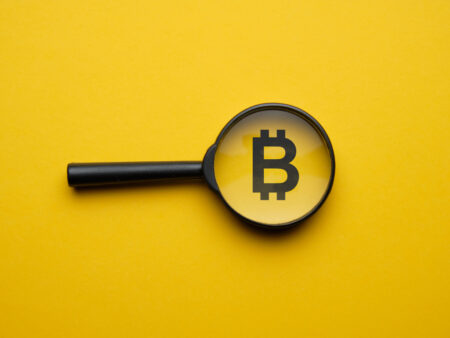The cryptocurrency community is closely monitoring the U.S. government’s recent move of transferring approximately 3,940 Bitcoin (BTC), valued at around $240 million, to Coinbase Prime. The transferred BTC originated from a seizure connected to the infamous Silk Road, an online black market platform shut down by the FBI in 2013.
The BTC in question was seized from Banmeet Singh during his January trial. Singh was a Silk Road vendor and narcotics dealer who was arrested in 2019 in London on drug distribution charges. After his extradition to the U.S. in 2023, Singh surrendered more than 8,100 BTC, valued at around $150 million, marking this as the largest cryptocurrency seizure by the Drug Enforcement Administration (DEA).
Previously, the U.S. government had made a significant seizure from the Silk Road marketplace, accumulating over 50,000 BTC, which, at the time, was worth $3.4 billion. Officials have intermittently sold some of the seized BTC holdings, totaling over 9,861 BTC for a sum exceeding $215 million. By July 2023, additional sales surpassed 9,000 BTC.
A confirmed report from the government disclosed the seizure of 69,370 BTC and other cryptocurrencies directly from the Silk Road dark web marketplace. The government’s BTC holdings from various seizures and asset forfeitures have accrued to a staggering 213,546 BTC, with a current estimated value of approximately $13.07 billion.
This recent transfer of BTC to Coinbase Prime has coincided with a notable, albeit modest, decline in the cryptocurrency market. Bitcoin prices dipped below the $60,800 mark. Coinbase Prime has increasingly become the go-to platform for government liquidations of cryptocurrencies.
Despite being a favored service for such significant transactions, Coinbase itself is not without its regulatory hurdles. The platform faces scrutiny for allegedly operating as an unregistered securities exchange and an unlicensed broker-dealer.
In conclusion, the government’s management of seized BTC, especially from cases like the Silk Road, has demonstrated the intersection of law enforcement, judicial processes, and the financial implications within the cryptocurrency landscape. While the government looks to liquidate its holdings, market participants remain vigilant, gauging the unpredictable impact these large-scale transfers and sales might have on the market dynamics.










